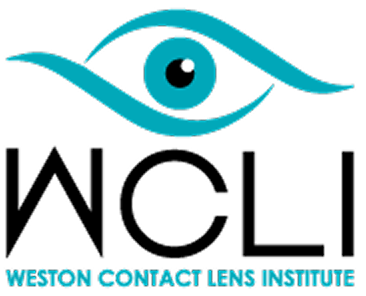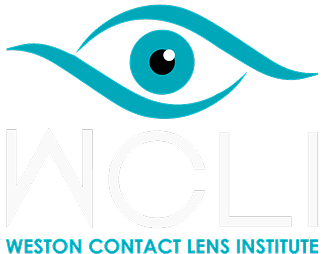Severe dry eye is just one of many conditions that can damage the delicate surface of the eye. When the cornea becomes inflamed or injured, even everyday tasks like reading or driving can become painful. Traditional therapies such as artificial tears or prescription drops may relieve discomfort but cannot always repair tissue damage.
Prokera®, an advanced biologic corneal treatment, offers a way to help the eye heal itself by restoring the health of the ocular surface.
What Happens When the Ocular Surface Is Damaged
The cornea; the clear, protective window of the eye, relies on a healthy tear film and stable epithelial layer to maintain comfort and vision.
When these structures are disrupted by dryness, inflammation, or trauma, patients may experience pain, redness, light sensitivity, and blurred vision. In more severe cases, damage can progress to ulcers, scarring, or even vision loss.
While most therapies focus on reducing inflammation or improving lubrication, true healing requires regeneration at the cellular level.
What Is a Prokera® Biologic Lens?
Prokera® is a therapeutic device that acts as a temporary, biologic bandage for the cornea. It contains cryopreserved amniotic membrane tissue, the innermost layer of the placenta, which is rich in natural growth factors, anti-inflammatory proteins, and regenerative properties.
Once placed on the eye, Prokera® creates a protective barrier that shields the cornea from further irritation while releasing healing factors that encourage epithelial repair, reduce inflammation, and minimize scarring or blood vessel growth.
The membrane gradually dissolves over several days as it promotes cell regeneration and tissue recovery.
Conditions Treated With Prokera®
Although Prokera® is frequently used to treat severe dry eye disease, its applications extend to a variety of corneal and ocular surface disorders, including:
• Persistent epithelial defects (PEDs)
• Neurotrophic keratitis
• Chemical or thermal burns
• Corneal ulcers and infectious keratitis (once infection is controlled)
• Post-surgical epithelial defects (after PRK, keratoplasty, etc.)
• Filamentary or exposure keratitis
• Inflammatory or autoimmune ocular surface disease (e.g., Sjögren’s, OCP)
• Prevention of corneal scarring following trauma or inflammation
This broad therapeutic range makes Prokera® an invaluable tool for accelerating healing in eyes that are not responding to conventional therapy.
What to Expect During Treatment
Prokera® placement is a simple in-office procedure. After applying a topical anesthetic to numb the eye, your doctor gently places the Prokera® lens onto the cornea. It may initially feel like a large contact lens, but most patients adjust quickly.
The lens typically remains in place for 3 to 7 days, depending on your condition and healing progress. During this time, it’s important to avoid rubbing your eyes and to follow all post-treatment care instructions.
Once the device is removed, patients usually notice clearer, more comfortable vision and a smoother corneal surface.
Why Choose Prokera®
Unlike other therapies that focus solely on symptom control, such as artificial tears, Prokera® actively repairs damaged tissue. By reducing inflammation and stimulating healthy cell growth, it can restore corneal integrity and improve visual outcomes.
For patients with advanced dry eye or other ocular surface diseases, Prokera® offers something unique: a regenerative approach that treats the cause of the damage, not just the symptoms.
Restoring Comfort and Vision
The healing power of amniotic membrane therapy has transformed the management of ocular surface disease. Whether caused by severe dry eye, injury, surgery, or inflammation, Prokera® helps restore the cornea’s natural clarity and comfort.
If you are struggling with persistent eye irritation or vision problems related to corneal damage, contact Weston Contact Lens Institute to learn whether Prokera® is right for you.






